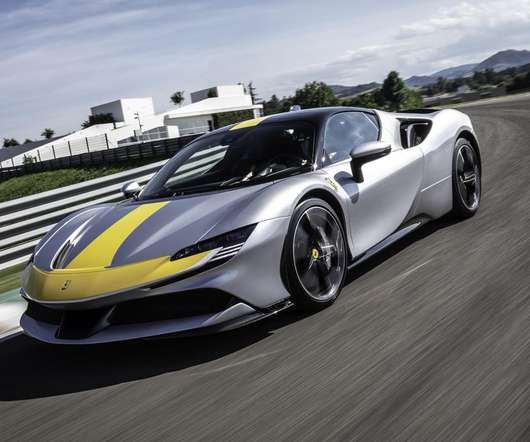A closer look at Audi’s new R8 e-tron EV and battery
Green Car Congress
JUNE 12, 2015
Available for order this year upon customer request, the new R8 e-tron uses a newly developed high energy density Li-ion technology optimized for a purely electric vehicle drive. Li-ion cell energy density was increased from 84 to 152 Wh/kg; in comparison to the first technology platform, the battery capacity has grown from 48.6












Let's personalize your content